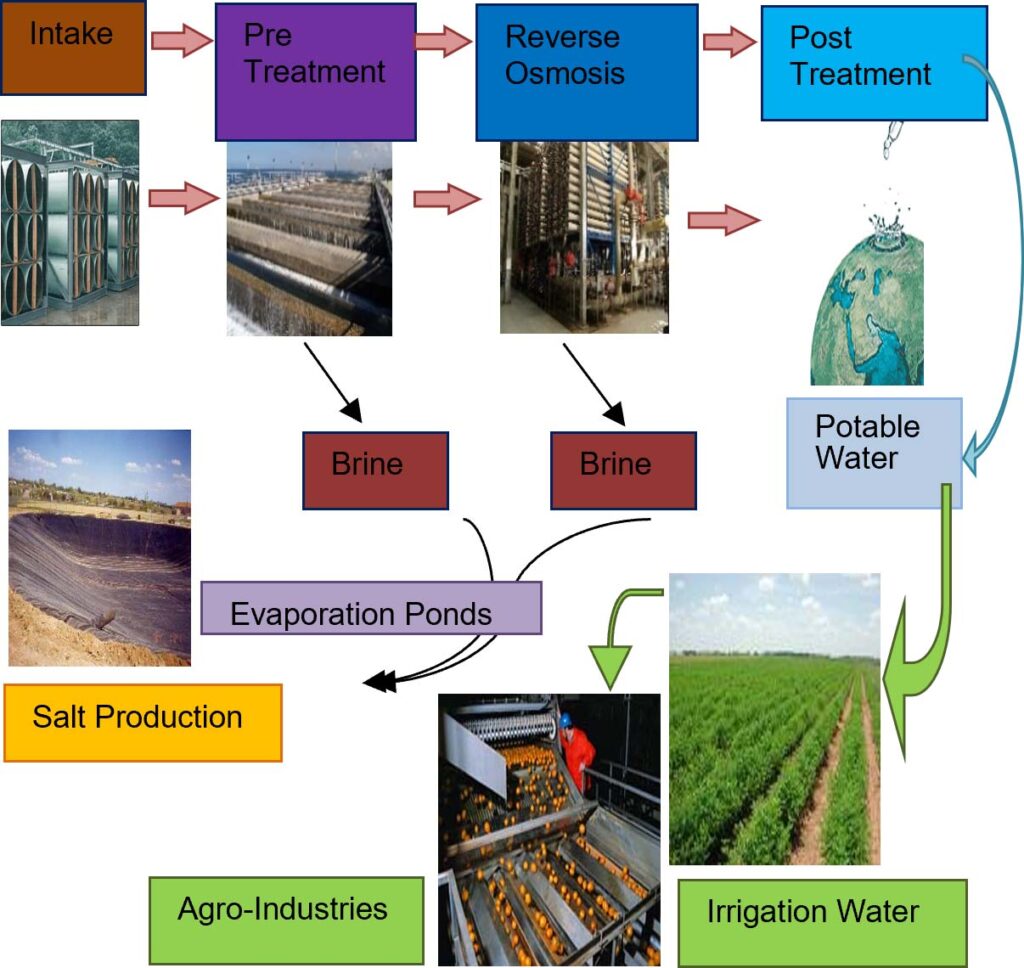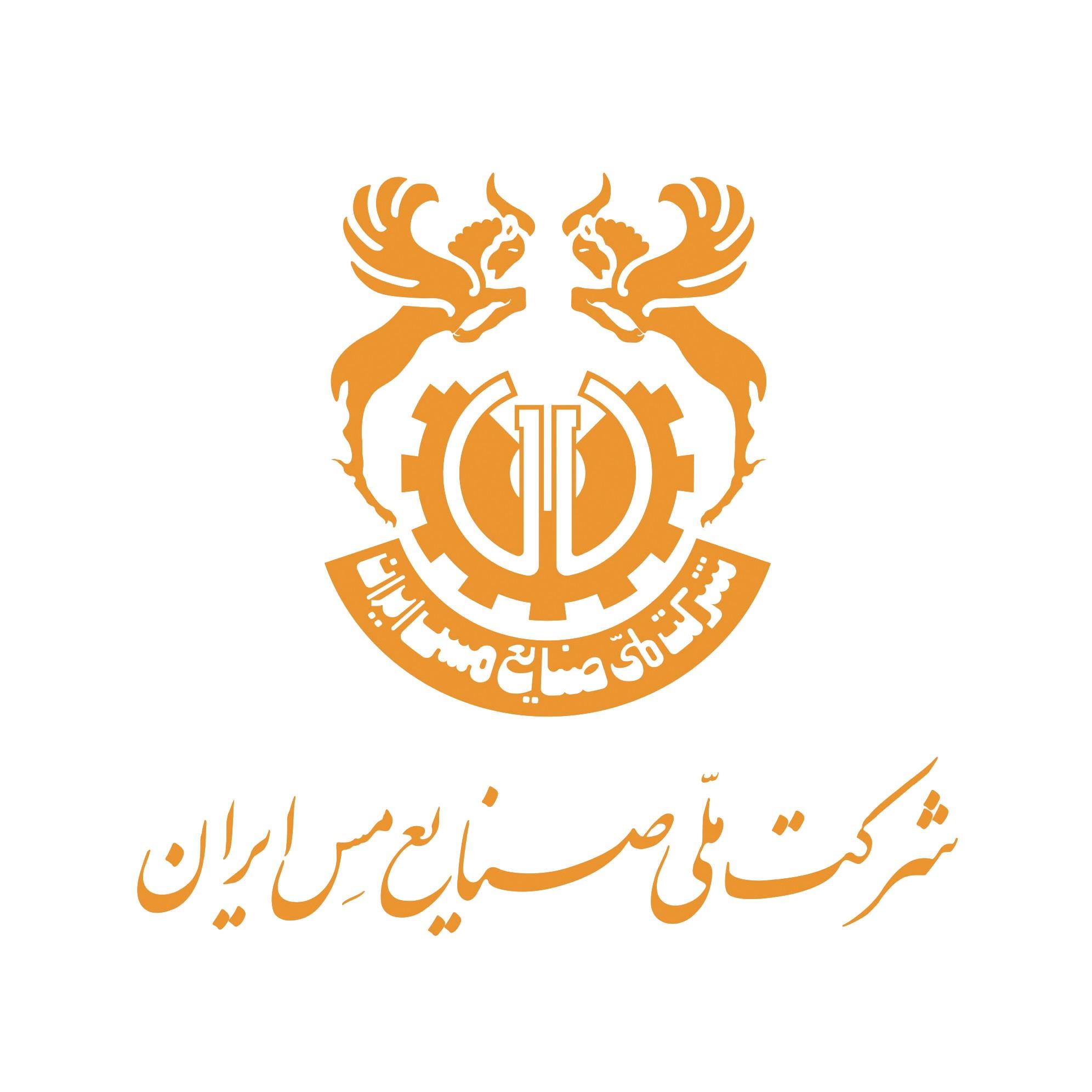Project: Feasibilty Study of Seawater Desalination for Agriculture
Client: Omran Mokran Development
Background: The southeastern Iranian coastline along Sistan and Baluchistan Province, known as the Makran region, offers fertile soils suitable for agriculture but suffers from severe water scarcity. This study assessed the feasibility of constructing a large-scale seawater desalination plant dedicated primarily to agricultural use, with a planned capacity of 520,000 m³/day.
Actions: The proposed site was in Kuhestak City, situated on the eastern shores of the Strait of Hormuz in the Persian Gulf. Initial investigations included soil surveys and bathymetric mapping. The feasibility study estimated an initial investment requirement of approximately 4,200 billion Rials, with a projected design and construction period of at least 4.5 years.
Results: Preliminary planning allocated 80% of the desalinated water for agricultural purposes and 20% for potable use. To improve the project’s financial viability, salt recovery was proposed as a by-product for potential sale to nearby petrochemical plants. Despite these measures, the analysis concluded that the project was not economically feasible, even for the cultivation of high-value tropical fruits.



